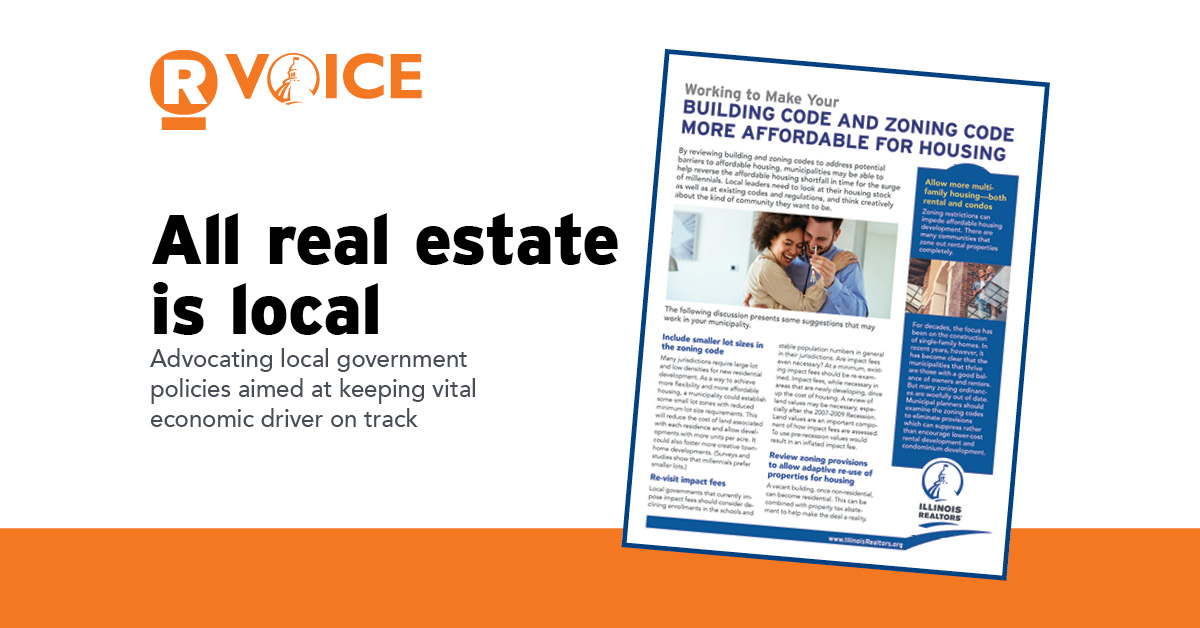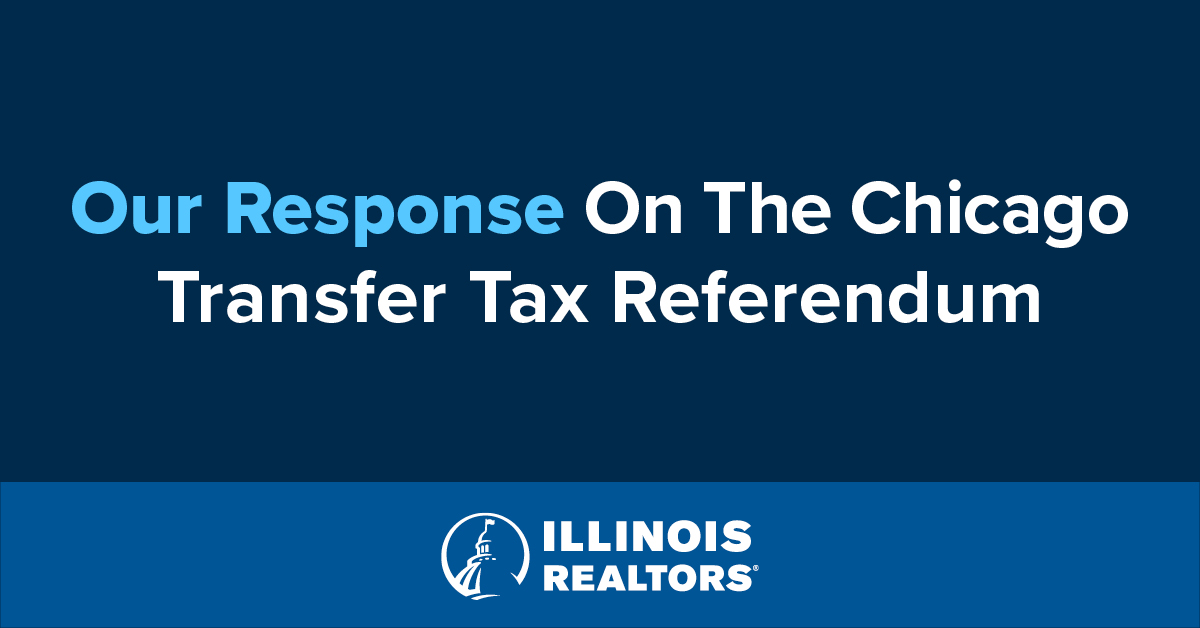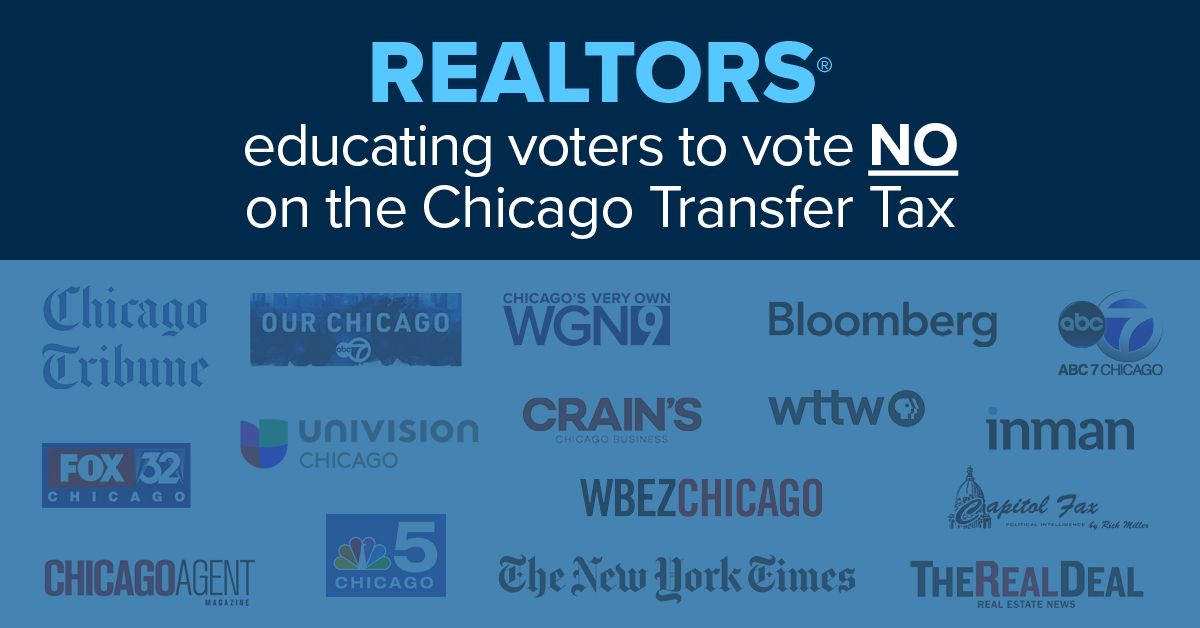Advocating local government policies aimed at keeping vital economic driver on track
In late March, our team of local governmental affairs directors (GADs) closely monitored what municipalities would do in light of Gov. J.B. Pritzker’s stay-at-home order. While real estate was deemed an essential service in Illinois, it raised questions about what would happen at the local level.
Would Home Rule units – those that do point-of-sale home inspections and impose real estate transfer taxes – continue to perform those functions? The issuance of transfer tax stamps is essential for the recordation of a deed, and therefore is a prerequisite in most real estate closings.
There was good news here. Nearly all Home Rule municipalities continued to process transfer tax payments and do home inspections.
Many municipalities, in an attempt to comply with social distancing requirements, made modifications to their procedures and practices and most of those changes are expected to remain in effect for a large part of the summer. These new protocols, however, make the process slower and REALTORS®, attorneys and title agencies have been adapting to this new reality.
Another issue for local governments will be addressing the significant revenue shortfalls that are expected from the COVID-19 crisis.
We encourage municipalities not to impose new taxes on real estate, but to think of ways to keep the real estate market vital in a recovery period. Real estate has been, and remains, a critical link in the flow of goods, services and income for millions of Illinoisans.
As the National Association of REALTORS® (NAR) has documented, each home sale generates direct economic activity from furniture purchases, repairs, professional services, transfer tax revenue, etc. That activity is good news for the local economy.
Illinois REALTORS® will be advocating these possible policies for our local governments:
- Consider switching – temporarily – any available housing program funds to a program to: 1) assist owners of rental properties who may have received less rental income; and 2) provide rental assistance to those renters impacted by the COVID-19 crisis (job loss, illness).
- Consider adopting some forms of property tax abatement for vacant, non-residential properties. A state law passed in 2009 permits municipal governments this ability and would allow a targeted approach to distressed properties and help in the restoration of business to those properties.
- Examine existing building and other codes to determine what regulatory barriers may exist to homeownership and the production of affordable housing. Illinois REALTORS® has developed a downloadable brochure directed to local policy makers titled, “Working to Make Your Building Code and Zoning Code More Affordable for Housing.” bit.ly/RVoice_Downloads
- For non-Home Rule units, the adoption of a sales tax (after approval in a referendum) would help address revenue shortfalls. As consumers who were not deleteriously affected by the crisis re-enter the consumer marketplace, this is a viable revenue option.
- Illinois REALTORS® will be vigilant on referenda proposals that could be on the November ballot. New or higher real estate transfer taxes is on our radar and will be opposed. Municipalities have until Aug. 17 to decide on referenda proposals.



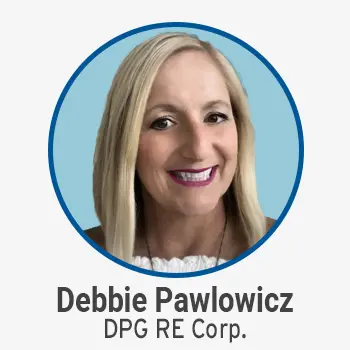
 Create professional development programs that help REALTORS® strengthen their businesses.
Create professional development programs that help REALTORS® strengthen their businesses.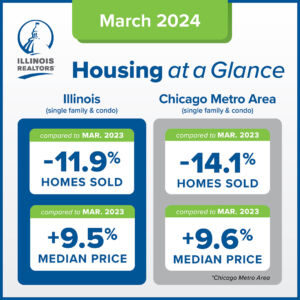
 Protect private property rights and promote the value of REALTORS®.
Protect private property rights and promote the value of REALTORS®.
 Advance ethics enforcement programs that increase REALTOR® professionalism.
Advance ethics enforcement programs that increase REALTOR® professionalism.
 Protect REALTORS® by providing legal guidance and education.
Protect REALTORS® by providing legal guidance and education. Stay current on industry issues with daily news from Illinois REALTORS®, network with other professionals, attend a seminar, and keep up with industry trends through events throughout the year.
Stay current on industry issues with daily news from Illinois REALTORS®, network with other professionals, attend a seminar, and keep up with industry trends through events throughout the year.

